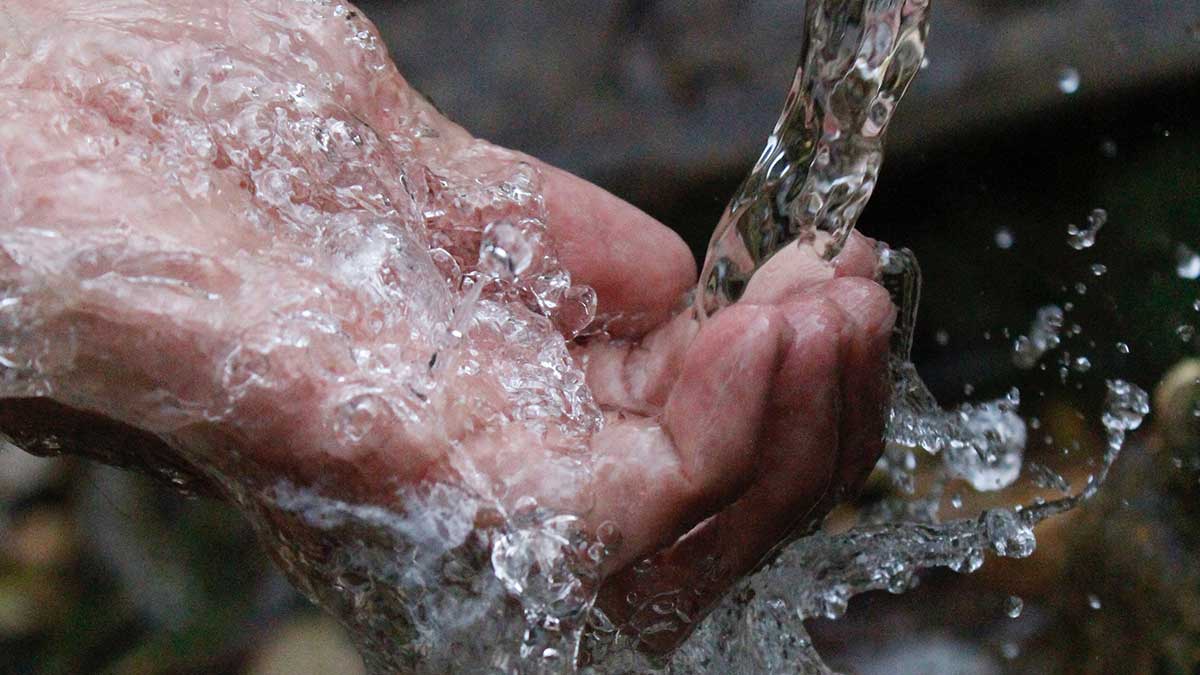A four-year water and sanitation initiative has been launched on Thursday for the provision of safe drinking water to 70,000 citizens in two districts of Khyber Pakhtunkhwa and Sindh.
The new initiative was introduced by the United States through the US Agency for International Development (USAID) in collaboration with the United Nations Office for Project Services (UNOPS).
It is aimed to reduce water-borne diseases by adopting an innovative method to enhance access to water and sanitation services in schools, health clinics, and underserved societies in the Tank and Umerkot districts.
Read more: Kuwaiti firm to invest in solar and water projects in Sindh
Moreover, the new holistic project to resolve water management concerns includes building the capacity of water service utilities, constructing needed infrastructure, and engaging the local communities to safeguard their support and contribution to the project.
“As we celebrate the 75th anniversary of US-Pakistan relations, USAID is helping Pakistan provide reliable access to water and sanitation services and to properly manage its water resources.”
“These investments will have a dramatic impact on the health and well-being of the people and on economic growth, prosperity, and stability,” acting USAID Mission Director, David Young stated at the project launch in Islamabad.
While addressing the event, UNOPS Pakistan Country Manager Marysia Zapasnik informed: “Access to safe drinking water and sanitation is a basic human right. With generous support from USAID, we are delighted to assist the Governments of Sindh and Khyber-Pakhtunkhwa in providing people in Pakistan with increased access to clean drinking water and sanitation, improving their quality of life.”
“Spanning 75 years, the US-Pakistan partnership has benefited the lives and well-being of both Americans and Pakistanis. Together, we have built dams and schools, responded to humanitarian emergencies caused by floods and earthquakes, provided vaccines to people in need, and furnished tools and training to help Pakistan’s development.”
In another development, the Executive Committee of the National Economic Council (ECNEC) approved different road and water development schemes at a cost of Rs 448 billion.
According to the ECNEC official, the projects include Punjab Rural Sustainable Water Supply and Sanitation Project (PRSWSSP), Punjab Arterial Roads Improvement Programme (PARIP), Kharian-Rawalpindi Motorway project, and Greater Karachi Bulk Water Supply Scheme K-IV project.





















